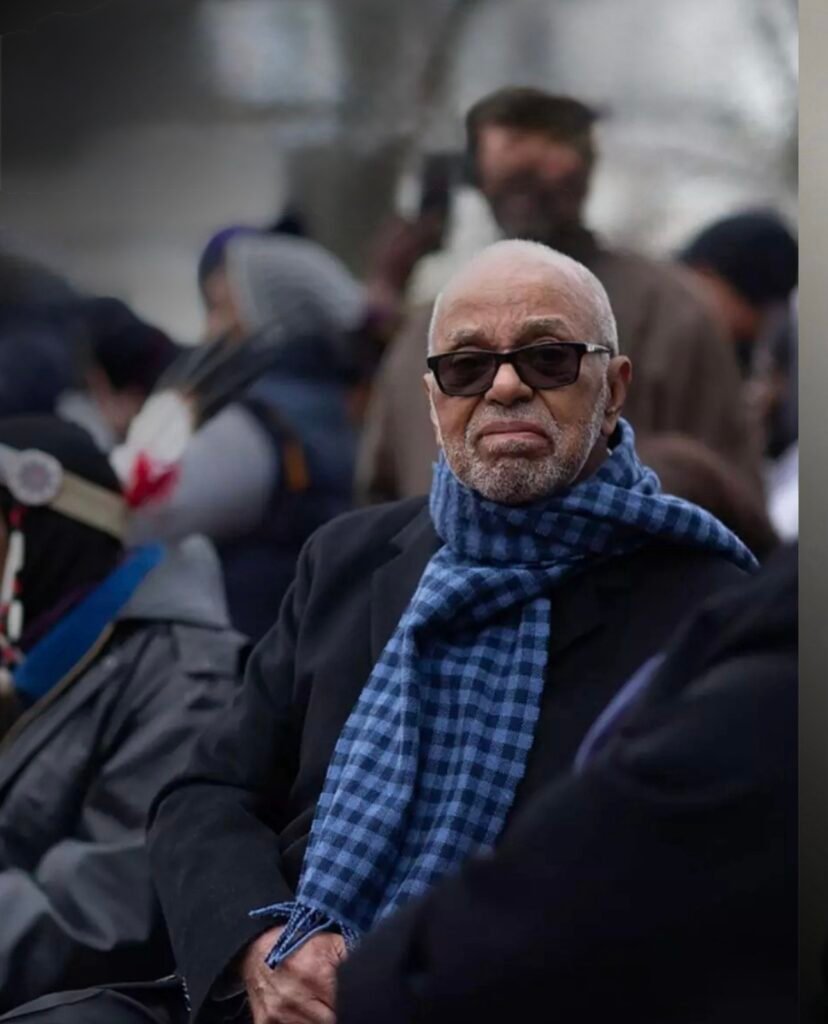Joseph McNeil, one of the four North Carolina A&T students whose courageous sit-in at a Jim Crow lunch counter helped ignite the modern civil rights movement, passed away today at the age of 83. His death marks the departure of a true icon of nonviolent protest and public service.
As the last surviving member of the famed “Greensboro Four,” McNeil’s legacy remains woven through the fabric of Durham’s—and the nation’s—ongoing pursuit of justice.
A Sit-In That Changed America
On February 1, 1960, McNeil and his fellow freshmen—Ezell Blair Jr. (later Jibreel Khazan), Franklin McCain, and David Richmond—walked into a Woolworth’s in downtown Greensboro and sat at its “whites-only” lunch counter, politely requesting service. When denied, they remained seated until closing time—a bold, peaceful act that immediately captured national attention.
Within five days, hundreds had joined them. Sit-ins spread across the South; the Greensboro counter was desegregated within six months. The movement helped catalyze the founding of the Student Nonviolent Coordinating Committee (SNCC) and fueled later victories like the Civil Rights Act of 1964 and the Voting Rights Act of 1965.
Service Beyond the Counter
After his activism, McNeil dedicated himself to public service. He served in the U.S. Air Force Reserves, rising to the rank of major general before retiring in 2001. He also worked in investment banking.
Honoring a Living Monument
McNeil remained connected to his legacy. He returned to Greensboro this February for the 65th anniversary of the sit-in’s commencement, earning a standing ovation.
He is immortalized at North Carolina A&T by the February One Monument, a 15-foot bronze and marble tribute unveiled in 2002. A portion of a lunch counter resides in the Smithsonian; the original site now houses the International Civil Rights Center & Museum.
Why It Matters to Durham
McNeil’s courage, alongside his siblings-in-spirit on that historic counter, reshaped the social landscape from Greensboro to Durham. As residents of a city X miles from Greensboro, we’re connected by history—and by the moral imperative to act.
At the Bull City Citizen, we don’t just chronicle events; we reflect on legacies and confront the work still ahead. McNeil’s passing is not an endpoint, but a moment to reckon with how deeply the legacy of peaceful resistance can—and must—shape our community.
Quick facts
The Sit-In
February 1, 1960: McNeil and three A&T freshmen sat at segregated Woolworth’s counter in Greensboro—refused service, remained seated.
Movement Impact
Sparked sit-ins across the South; contributed to desegregation, SNCC formation, landmark civil rights legislation.
Later Life
Served as a Major General in the U.S. Air Force Reserves and worked in banking.
Commemoration
February One Monument at A&T, lunch counter at Smithsonian, Woolworth’s site now museum.
Passing
Died September 4, 2025, at age 83; last surviving member of the Greensboro Four except for Jibreel Khazan.
How We’ll Cover It
We invite Bull City readers to share reflections, archival memories, or stories of how civil rights history touches your life. We will continue telling the story—not just of those who sat for justice in Greensboro, but of all who stand for it today.












